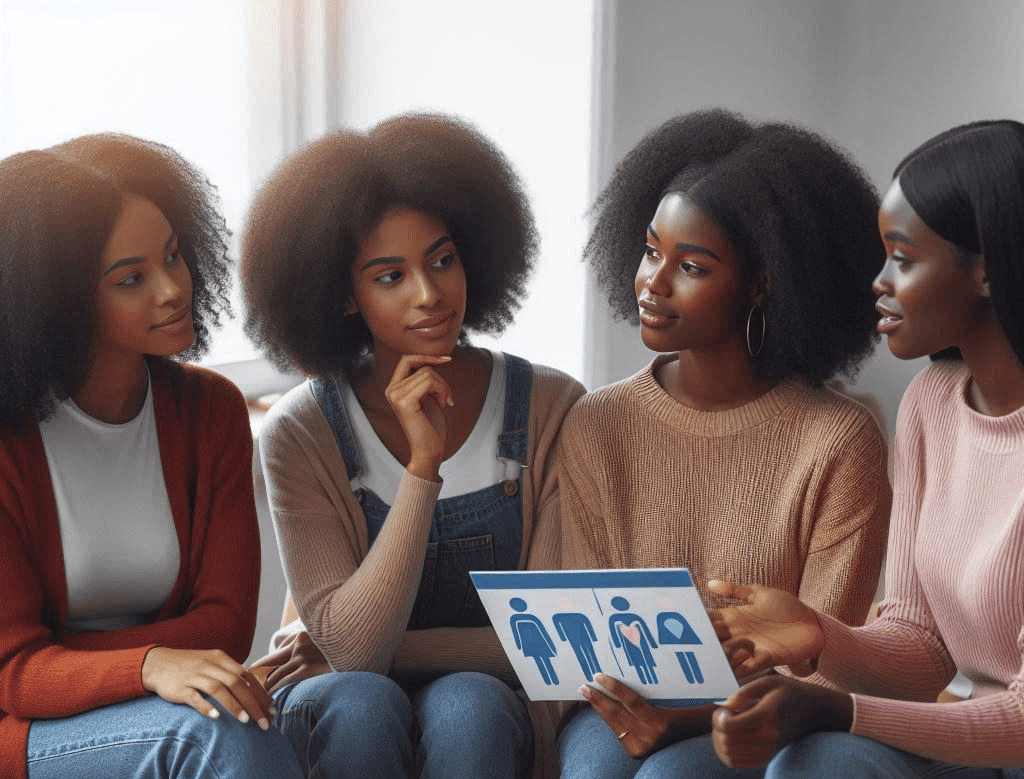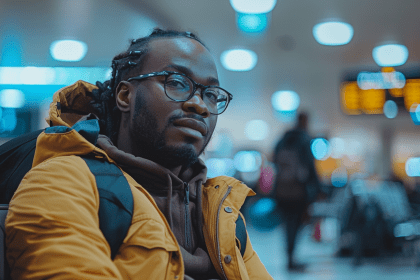The reproductive justice movement — led by Black women — has long emphasized the intersection of reproductive rights, racial inequality and economic justice. Grounded in a framework that acknowledges the impact of historical oppression, reproductive justice goes beyond the right to abortion, advocating for the ability of all individuals to have children, not have children and parent in safe and supportive environments. In the context of Georgia’s recently overturned six-week abortion ban, these ideals are being tested — particularly for Black women, who face unique and long-standing health disparities.
A legacy of control over Black women’s bodies
The history of reproductive control and exploitation of Black women in the U.S. dates back to slavery when enslaved women were forced to bear children who would become property. Throughout the 20th century, practices such as forced sterilization and the lack of access to maternal health care continued to violate the bodily autonomy of Black women. The modern reproductive justice movement, championed by organizations like SisterSong, aims to address these historical injustices and protect the right to comprehensive reproductive health care.
Monica Simpson, Executive Director of SisterSong, is continuing this fight in Georgia, where the impacts of the state’s abortion law are felt most profoundly by Black women. The deaths of Amber Nicole Thurman and Candi Miller illustrate the devastating consequences of restricted reproductive, particularly maternal, care. Both women’s deaths highlight the long-standing disparity in health care access for Black women and reflect the urgent need for legislative change.
Georgia’s abortion ban in a historical context
Governor Brian Kemp’s signing of Georgia’s restrictive abortion law in 2019 is part of a broader historical trend of legislation that disproportionately affects marginalized communities. Laws like these echo past attempts to control Black women’s reproductive choices, limiting their access to abortion care and contributing to negative health outcomes. The six-week ban, one of the most stringent in the country, has created an environment where Black women face higher risks during pregnancy and childbirth, reflecting the systemic barriers they have faced for generations.
Historically, Black women have been three times more likely to die from pregnancy-related causes than white women — a disparity that stems from centuries of racism in health care, lack of access to resources and the neglect of Black women’s pain and symptoms by the medical establishment. Simpson and SisterSong — who successfully brought the case that overturned Georgia’s ban — highlight this injustice, arguing that the law not only limits access to abortion but also worsens the maternal health crisis in the state.
A nationwide pattern: The fight for bodily autonomy
The overturning of Roe v. Wade marks a significant setback in the fight for reproductive justice, echoing eras when Black women had little say over their reproductive futures. Today’s landscape mirrors the historical denial of bodily autonomy for women of color, with abortion bans disproportionately affecting Black and Brown women. Simpson and other reproductive justice leaders see these bans as part of a long-standing effort to undermine the rights of marginalized groups.
At its core, reproductive justice demands that women — especially Black women — have access to the health care and resources needed to make informed decisions about their bodies and futures. This goes beyond abortion access, encompassing the broader fight for healthcare equity, economic security and the ability to parent in safe environments.
Continuing the legacy of resistance
SisterSong and other Black-led reproductive justice organizations have been fighting for decades to secure these rights. Their advocacy stands on the shoulders of earlier Black women’s movements that fought for health care access, against sterilization abuse and for the right to parent free from state interference. In Georgia, Simpson and her colleagues called for the repeal of HB 481, — which created the six-week ban — and advocated for the passage of laws that expand, rather than restrict, reproductive rights.
The deaths of Thurman and Miller serve as tragic reminders of the ongoing struggle Black women face in securing full bodily autonomy. Honoring their legacy, as well as the countless other Black women who have died due to systemic health care neglect, requires legislative and cultural change.
The reproductive justice movement today
Simpson’s work is part of a larger movement for reproductive justice that includes the right to not only access abortion care but also raise children in healthy, safe environments. Rooted in a history of resistance against the control of Black women’s bodies, the fight today is both a continuation and expansion of that legacy. By centering the lives and experiences of Black women, reproductive justice offers a pathway to dismantling the systems of oppression that have long denied their basic rights.
As the community rallies around the stories of Thurman and Miller, Simpson urges all who believe in justice to fight for the rights of Black women to control their bodies and futures, reminding everyone that the struggle for reproductive justice is far from over.

















